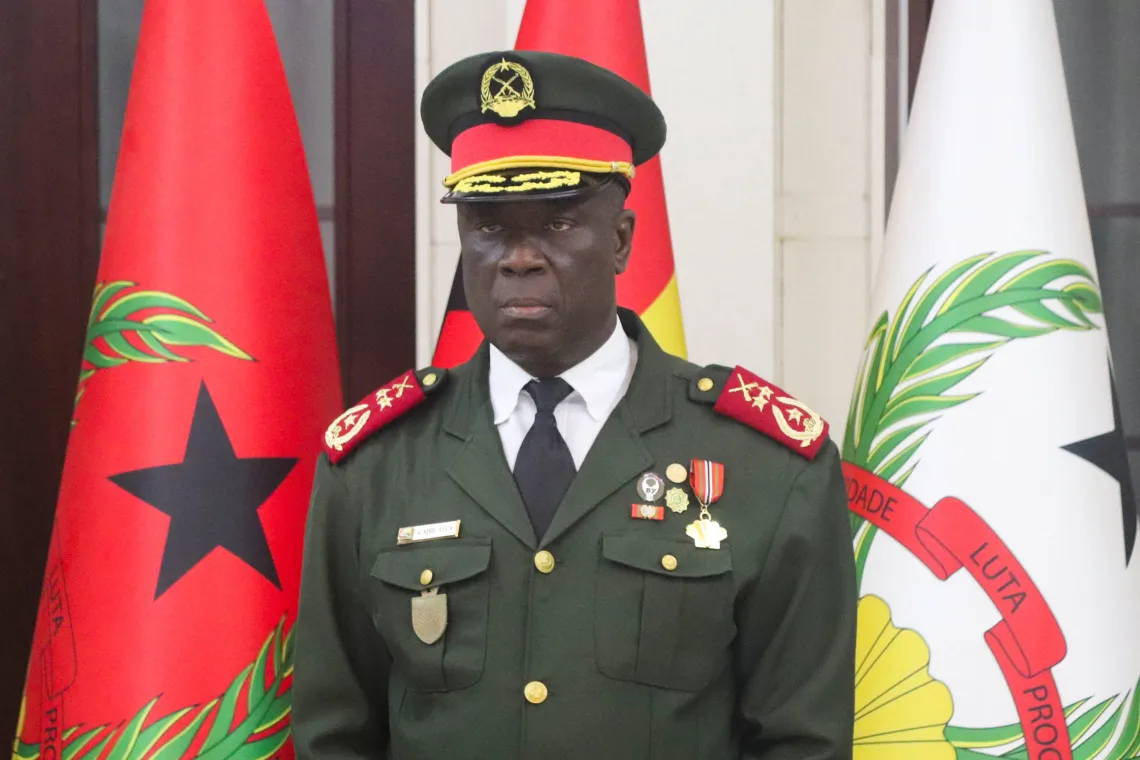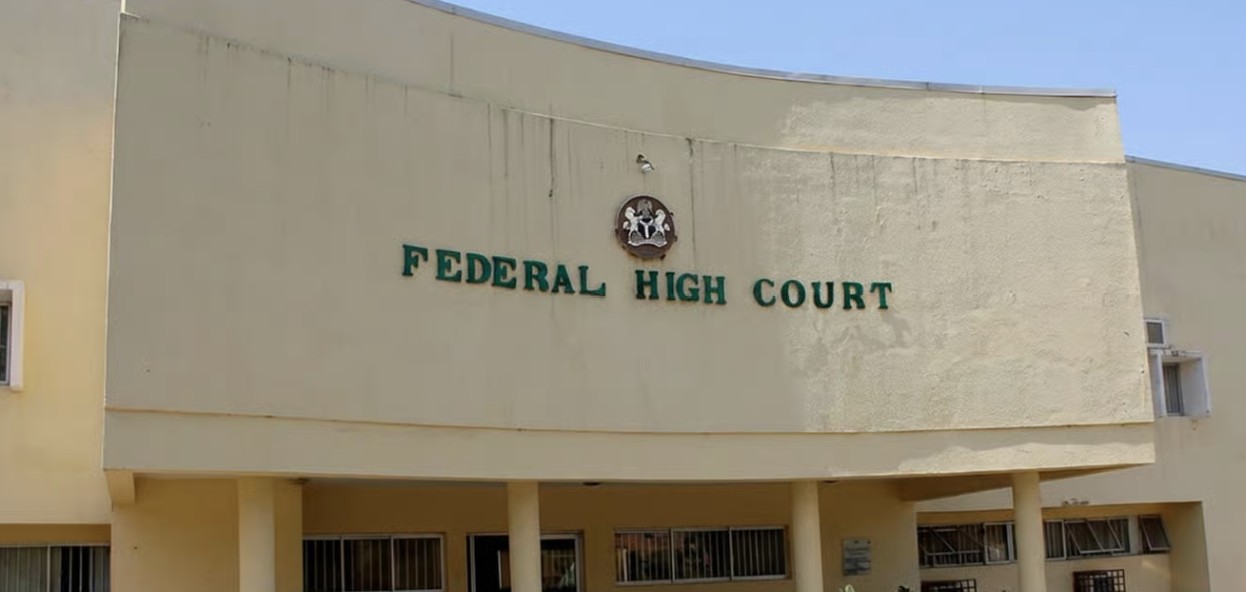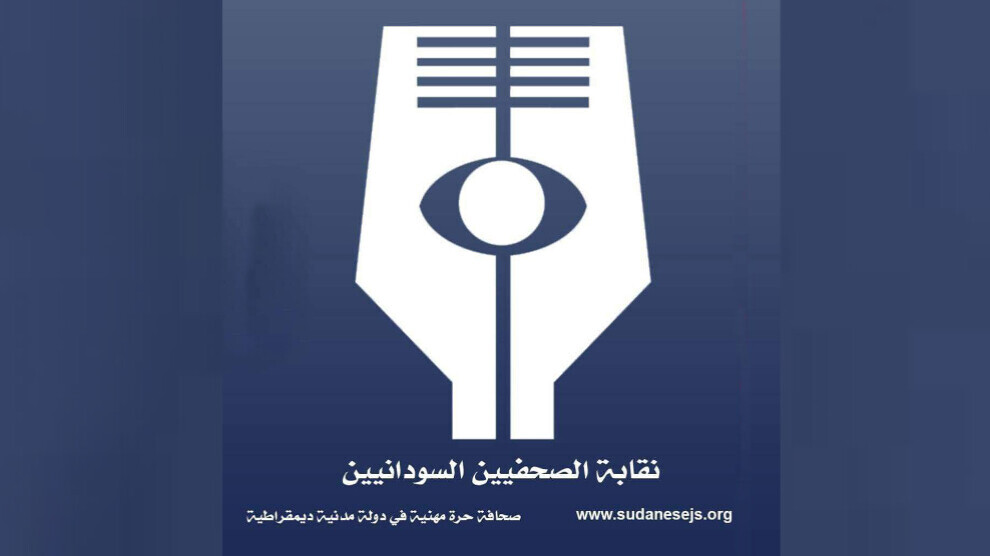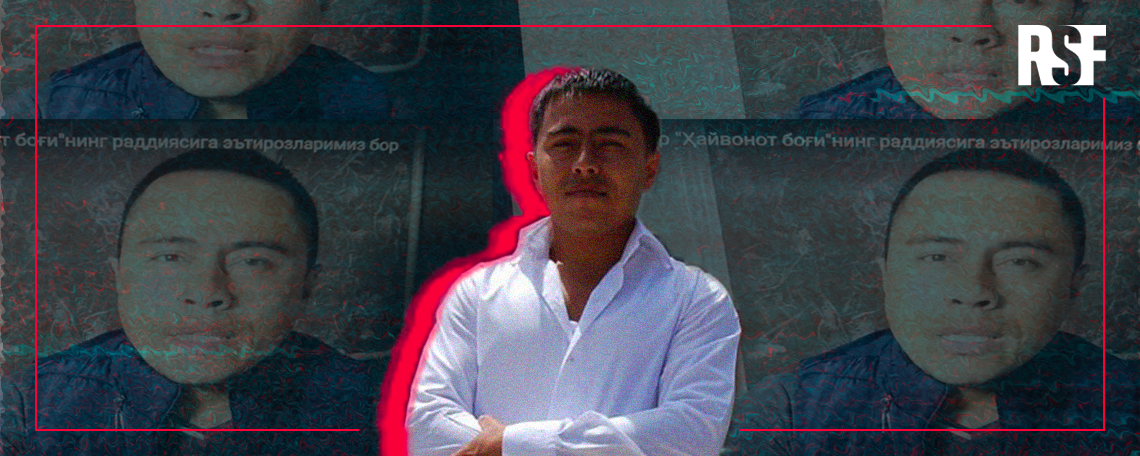
Anti-Corruption Blogger Otabek Sattoriy Muzzled After Prison—RSF Raises Alarm
October 1, 2024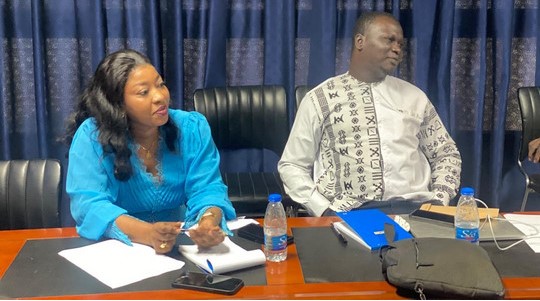
Senegalese Editors Join IFJ Initiative to Strengthen Ethical Reporting
October 1, 2024October 01, 2024 – Cameroon –
Cameroonian journalist Kingsley Fumunyuy Njoka has been sentenced to 10 years in prison by a military tribunal, drawing international condemnation for what press freedom advocates describe as an egregious attack on journalism. Njoka, a freelance journalist known for reporting on the Anglophone crisis, was convicted on September 24, 2024, of “secession” and “complicity with an armed group”—charges widely regarded as politically motivated and baseless.
Njoka was first arrested in May 2020 in Douala without a warrant. Authorities accused him of managing WhatsApp groups allegedly linked to separatists and claimed he had connections with armed groups operating in Cameroon’s English-speaking regions. Despite these vague allegations, he was detained for more than four years before trial, during which he suffered severe health complications, including malaria and stomach ailments, while held at Kondengui Central Prison.
The sentence was delivered by a military court, a venue human rights organizations have long criticized for trying civilians. The use of military jurisdiction in Njoka’s case, according to Reporters Without Borders (RSF), is a deliberate strategy to criminalize journalism and silence reporting on sensitive national issues. RSF called the verdict “absurd” and part of a wider campaign to intimidate critical voices ahead of the 2025 presidential election.
The Committee to Protect Journalists (CPJ) has also denounced the verdict, describing Njoka’s detention as arbitrary and a violation of international legal standards. CPJ and other watchdogs have repeatedly called for his release and for Cameroon to cease its harassment of the press.
Njoka’s case is the latest in a growing list of journalists in Cameroon targeted for covering the ongoing Anglophone conflict. In recent years, the government has intensified its crackdown on dissent, using anti-terrorism laws and vague national security charges to imprison reporters. The 2019 death in custody of journalist Samuel Wazizi, also accused of separatist ties, remains a haunting parallel.
The 10-year sentence handed to Kingsley Njoka sends a chilling message: in Cameroon, reporting the truth can cost your freedom—or your life. International pressure is mounting, but without reform, the country’s slide into authoritarian repression of the media continues unchecked.
Reference –


